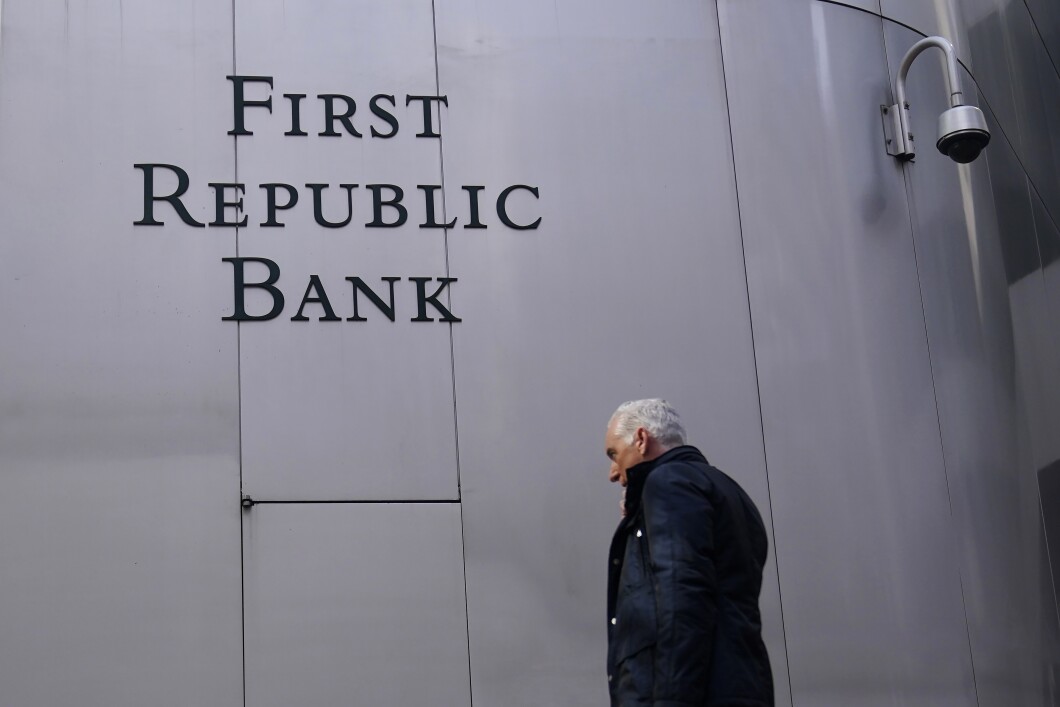
Financial regulators in California took control of First Republic Bank and appointed the Federal Deposit Insurance Corporation in charge of it, who then sold the bank to JPMorgan Chase, the California Department of Financial Protection and Innovation announced early Monday morning.
JPMorgan Chase has now assumed “all deposits, including all uninsured deposits, and substantially all assets of First Republic Bank,” and its 84 branches in eight states will reopen Monday as part of JPMorgan Chase.
SVB FAILURE TO COST A SIXTH OF TOTAL FUNDS ENSURING US DEPOSITS

The DFPI said it took lawful action by seizing First Republic Bank because it was “conducting its business in an unsafe or unsound manner” and was in a “condition that … is unsafe or unsound” to conduct banking business.
First Republic Bank is based in San Francisco. As of April 13, 2023, it had total assets worth approximately $229.1 billion and total deposits of approximately $103.9 billion, according to the DFIP, which added, “Its deposits are federally insured by the FDIC subject to applicable limits.”
Regulators had been working to secure its future before banks opened on Monday.
CLICK HERE TO READ MORE FROM THE WASHINGTON EXAMINER
First Republic Bank’s stock plunged to new lows last week. The troubled regional bank faced extreme scrutiny since the collapse of Silicon Valley Bank and Signature Bank back in March. First Republic, which works with wealthy customers and their businesses, has been the most distressed regional bank since SVB and Signature came crashing down.
Sen. Tim Scott (R-SC), the ranking member of the Senate Banking Committee, said the collapse represented a three-part failure. He blamed bank management, federal regulators, and the Biden administration for allowing inflation (and thus interest rates) to get so high under its stewardship. Scott also vowed more hearings on the matter.





